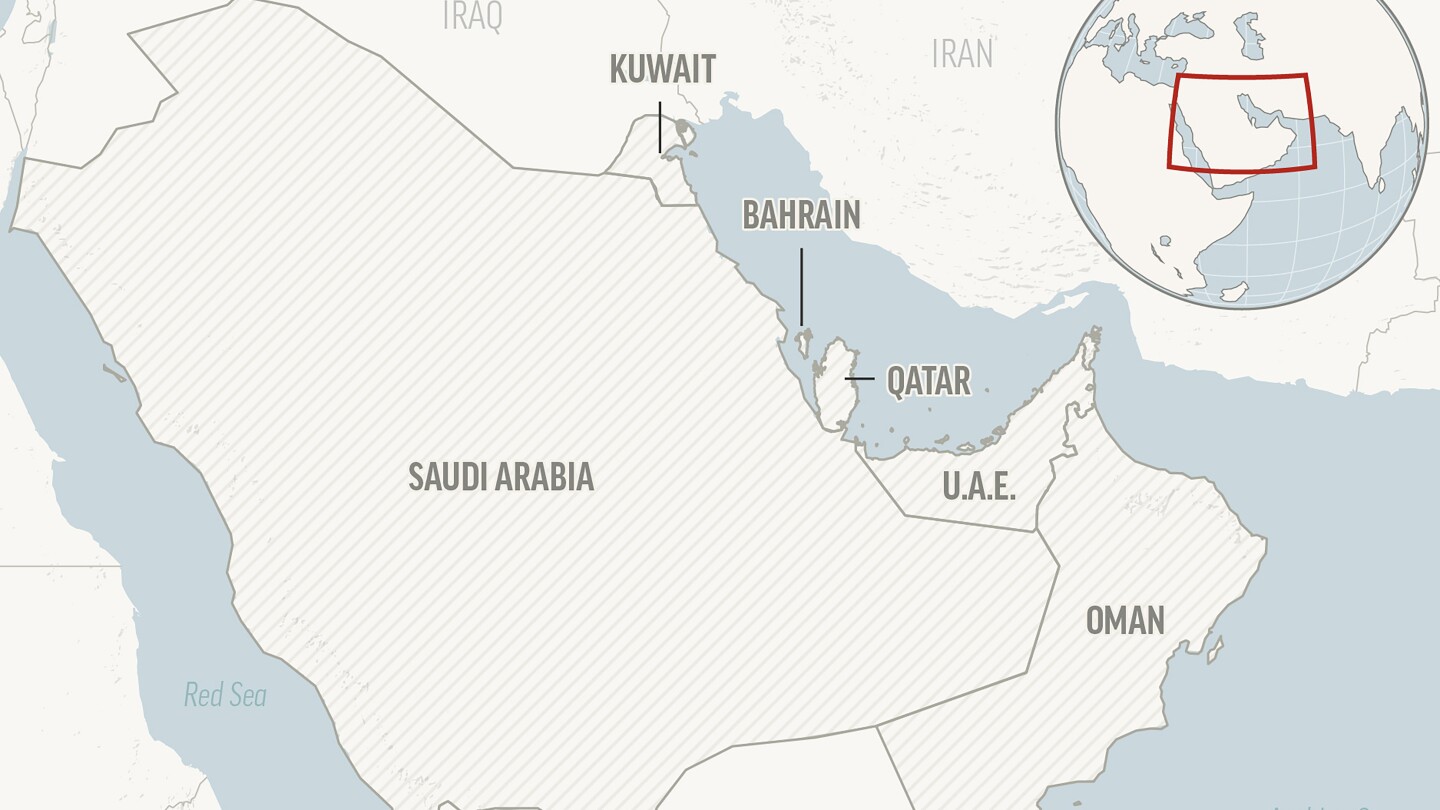DUBAI, United Arab Emirates (AP) — Kuwait said Thursday it executed five prisoners, including an inmate convicted over an Islamic State group-claimed mosque bombing in 2015 that killed 27 people.
A statement from Kuwait’s Public Prosecution said the five inmates were executed by hanging. Prosecutors said the five include the mosque attacker, three people convicted of murder, and a convicted drug dealer.
One of the convicted murderers was Egyptian, another was Kuwaiti, and the drug dealer was from Sri Lanka. The statement didn’t provide the nationality of the mosque attacker or the third convicted murderer, saying only that they were in Kuwait unlawfully.
The 2015 bombing struck during midday Friday prayers inside one of Kuwait’s oldest Shiite mosques. The Islamic State group views Shiites as heretics.
The attack shocked Kuwait and represented the country’s first militant attack in more than two decades. Within hours of the attack, Kuwait’s then ruler, Emir Sabah Al-Ahmad Al-Sabah, who was in his mid-80s, visited the site of the bombing. The government also declared that the country’s main Sunni mosque, the Grand Mosque, would be open for mourners to pay their respects over the three days.
Kuwait, a small, oil-rich nation, conducted its last mass execution in November 2022, putting to death seven inmates.
Kuwait hadn’t held an execution before that since 2017, when it similarly carried out a mass execution of seven prisoners, including a ruling family member.
Executions are fairly rare in Kuwait, which has the world’s sixth-largest oil reserves. The last before 2017 were carried out in 2013, when a Pakistani, a Saudi and a “Bidoon” — a name used in the emirate for people without citizenship — were hanged.

